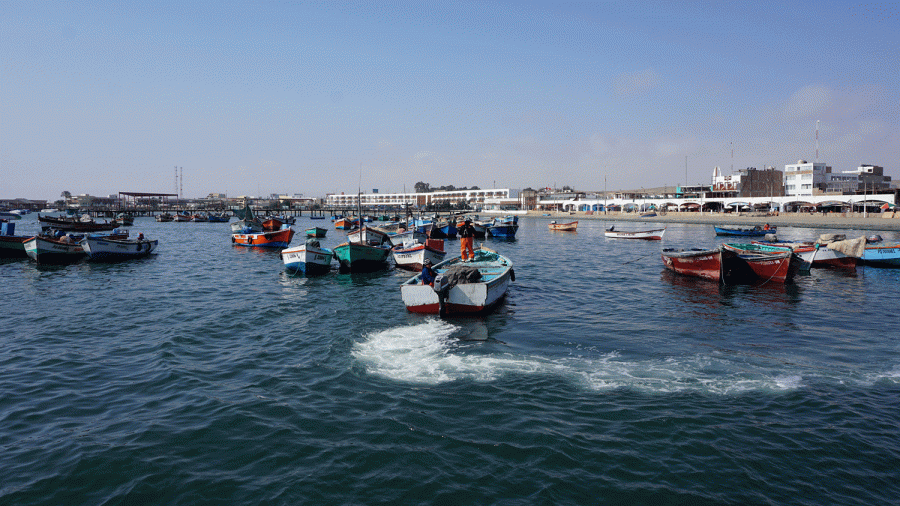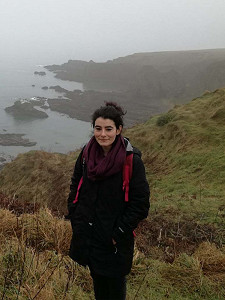Humboldt Tipping invites to participate in a survey on the effects of COVID-19 in marine and coastal areas of Peru

Currently, the working group in charge of the analysis of adaptive strategies and governance of the Humboldt tipping project, which studies the turning points of the ecosystems and their repercussions on the ecological, economic and social systems of the Northern Humboldt Current, is carrying out research on the effects of the COVID-19 among actors linked to the marine and coastal areas of the regions of Piura and Ica.
Since September, telephone interviews and virtual surveys have been carried out with users from the fishing, aquaculture and tourism sectors, as well as representatives from governmental and non-governmental organisations.
These tools are being used to investigate the impacts of the pandemic on family units, communities dedicated to fishing and tourism, and institutions linked to the management of marine resources and on the resources themselves.
The research will explore the current and long-term effects of the pandemic on marine and coastal activities and their users with the main aim of reflecting on vulnerabilities and needs in times of crisis. The information will allow to propose the future development of adaptation strategies and more effective, fair and contextualised responses to crisis situations. The results will be shared in reports that will be publicly available.
How to participate in the survey: If you are an actor linked to the marine and coastal environment and you wish to participate in the study, please fill in the following form and we will send you the survey according to your profile: https://forms.gle/Vxw92gM9s6ZnPNZbA
This work is conducted by Lotta Kluger, María Garteizgogeascoa, Isabel Gonzales and Leslie Odar, as part of the Humboldt Tipping research project.
If you have any questions about the study, please do not hesitate to contact Dr. Lotta Kluger (lotta.kluger@uni-bremen.de) or María Garteizgogeascoa (garteizg@uni-bremen.de).




